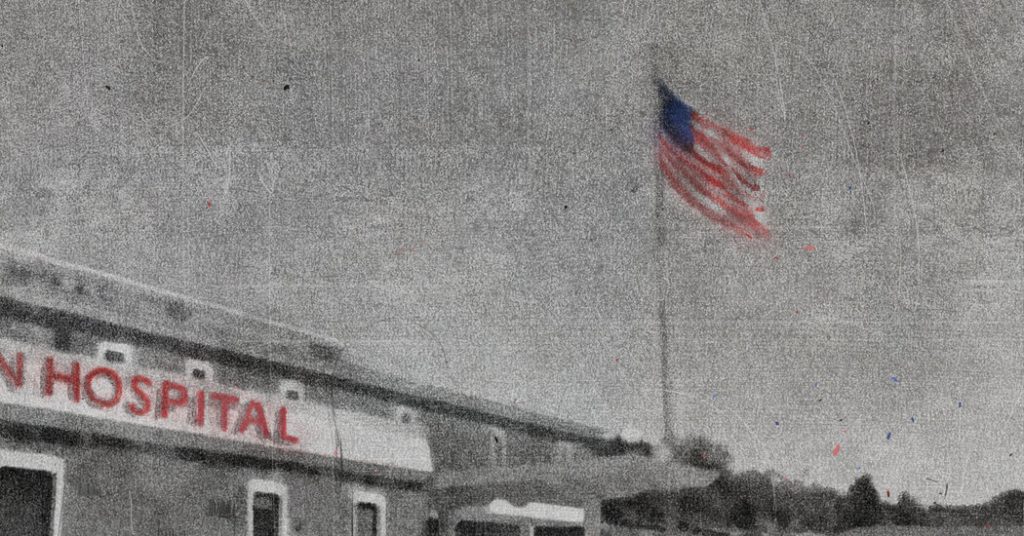In the years since nuclear testing in Nevada, 29 members of one woman’s family have been diagnosed with cancer, with some having passed away. Thyroid disorders are one of the most common health impacts of nuclear fallout, with radioactive iodine concentrating in the gland and increasing the risk of disease. While it is difficult to directly link cancer diagnoses to radiation exposure, the National Cancer Institute estimates that thousands of thyroid cancer cases across the U.S. are connected to fallout from aboveground nuclear tests.
In New Mexico, a 2010 study found radiation levels near some homes in the area of the Trinity test site were almost 10,000 times higher than what is currently allowed in public areas. Radioactive debris from the test also spread across a large region, reaching many states, Canada, and Mexico. The lack of knowledge about the effects of radiation at the time allowed the government to conduct tests without full understanding of the consequences, leading to long-term health impacts.
To qualify for benefits under the Radiation Exposure Compensation Act (RECA), individuals must have lived in specific counties during active testing periods and been diagnosed with one of the 19 types of cancer recognized as related to nuclear programs. Those who meet the criteria can receive $50,000 in compensation. Since the law was enacted, only a fraction of claims have been approved, totaling $2.6 billion, in comparison to the significantly higher payouts from the 9/11 Victim Compensation Fund.
The impact of nuclear testing on communities extends beyond health concerns, with many individuals facing financial and emotional challenges as a result of their exposure. Families like Ms. Gutierrez’s are left coping with multiple cancer diagnoses and losses, while also navigating the complexities of seeking compensation for their suffering. The limited scope of the RECA program and the challenges of proving eligibility leave many affected individuals without the support they need.
Efforts to raise awareness about the long-term effects of nuclear testing and advocate for better support for affected communities are ongoing. Organizations and individuals are working to shed light on the experiences of those impacted by radiation exposure and push for policy changes that provide more comprehensive assistance and recognition for those affected. The continued advocacy for justice and recognition for those impacted by nuclear testing serves as a reminder of the lasting consequences of these tests and the need for accountability and support for affected communities.
As more research sheds light on the widespread impact of nuclear testing fallout on communities across the U.S. and beyond, the urgency to address the long-standing health and justice issues faced by those affected continues to grow. Efforts to expand support programs, raise awareness, and advocate for those impacted by radiation exposure are crucial in ensuring that affected individuals and communities receive the recognition and assistance they deserve. While challenges remain, the dedication of advocates and affected individuals to seeking justice and support offers hope for a future where the lasting effects of nuclear testing are properly acknowledged and addressed.








